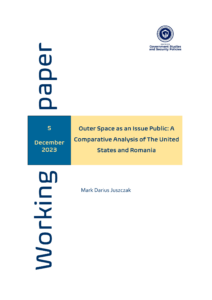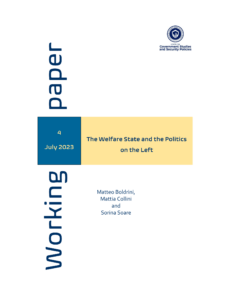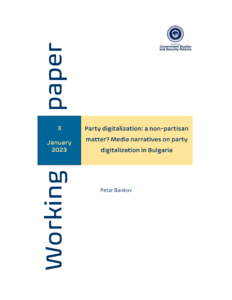Participatory budgeting gains momentum around the world, and increasing evidence provides mixed results about its effects. Under these circumstances, it is unclear if citizens consider it a source of empowerment and an avenue for effective decision-making in the life of their local community. We know very little about how participants in participatory budgeting perceive the collective empowerment. This article seeks to identify the factors that shape these perceptions about the empowerment potential of participatory budgeting. It focuses on the critical case of Cluj-Napoca and uses 25 semi-structured interviews conducted in October–November 2020 with three categories of participants. Our findings indicate that participants acknowledge the potential for collective empowerment and praise the limited political involvement but identify design issues and resource allocation as weakening the empowerment potential.
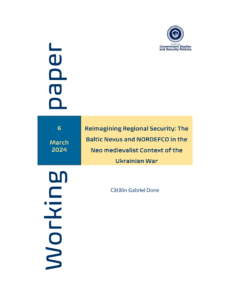
Cătălin Gabriel Done, “Reimagining Regional Security: the Baltic Nexus and NORDEFCO in the Neo Medievalist Context of the Ukrainian War”, Working Paper 6/2023, pp. 1-21
This paper explores the reimagining of regional security in the Baltic region within thecontext of the Ukrainian war, utilizing a neo medievalist framework. Focusing on

